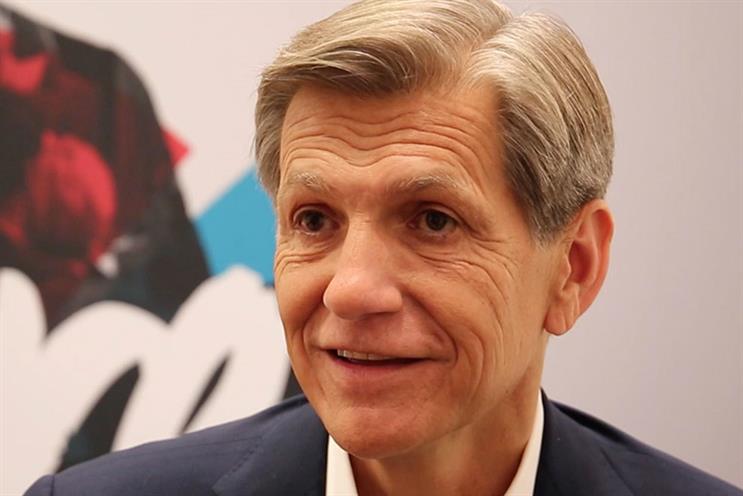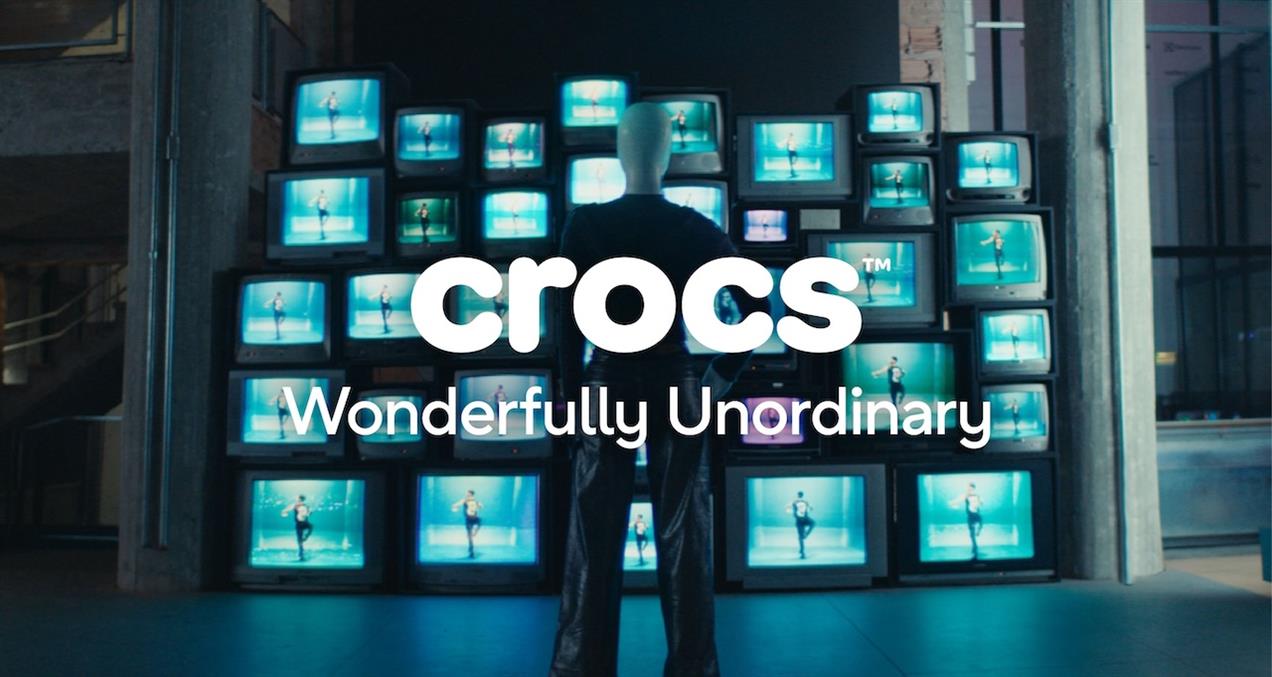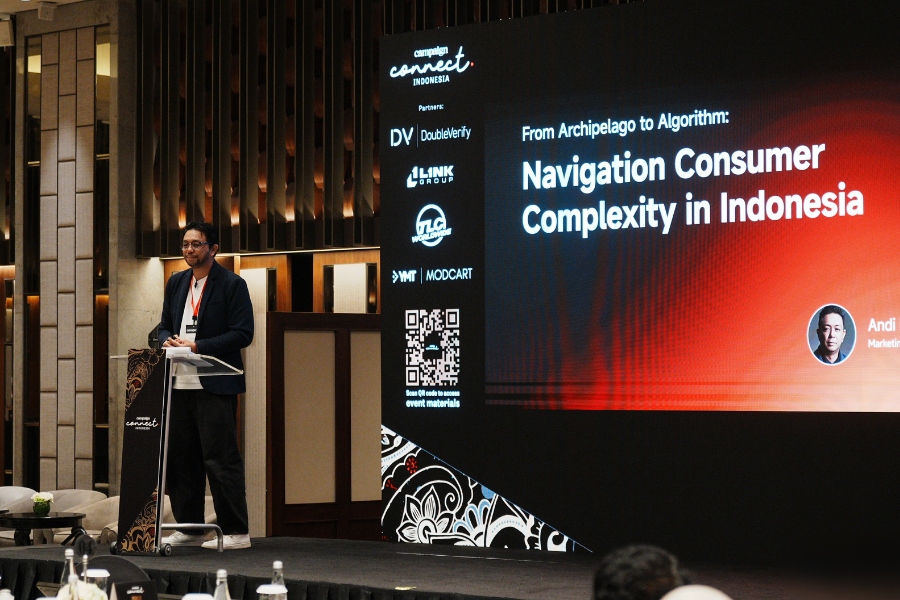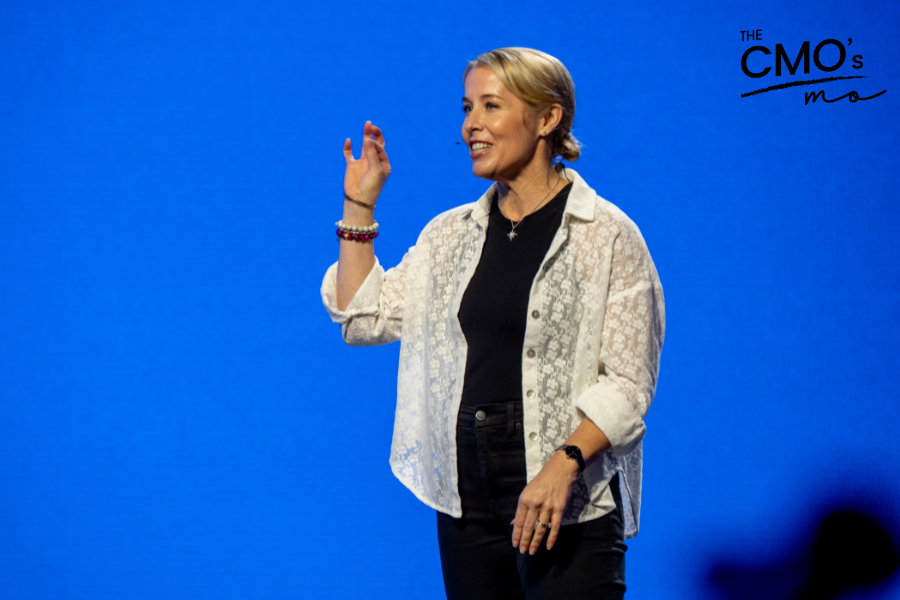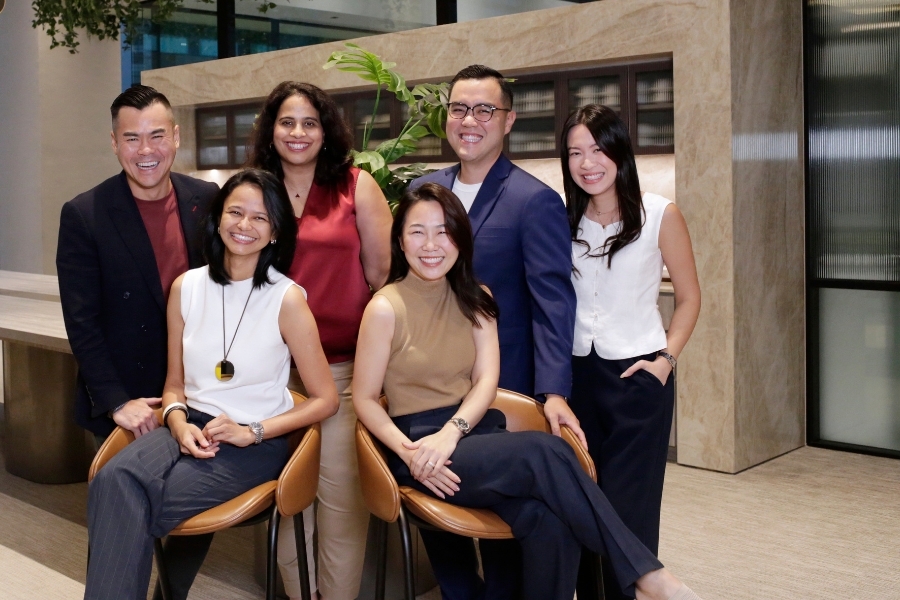Procter & Gamble will consider pulling advertising from Facebook if it decides the social media platform does not meet its standards of avoiding content that is "hateful, discriminatory or denigrating", chief brand officer Marc Pritchard told Campaign.
Brands including The North Face, Patagonia and Unilever-owned Ben & Jerry’s have said they will join a month-long boycott of Facebook in July in protest at its perceived tolerance of hate speech.
Pritchard said he was in conversation with Facebook, along with other media owners. On pulling ads, he said "wouldn’t rule it out" – pointing towards P&G’s decision to take advertising off YouTube for a year starting in March 2017 over brand-safety concerns.
"What we’re doing now is frankly looking at every platform, network, channel, programme – and where we find our standards aren’t met in terms of inaccurate or disrespectful portrayal, or hateful, discriminatory or denigrating, we’ll stop spending," he said.
"Three years ago, we made a pretty big change and pulled off YouTube, but then we worked with them in order to be able to create safe lists and safe channels. We worked with them directly and collaboratively, as opposed to publicly."
Pritchard was speaking following a session at Lions Live in which he unveiled a four-part roadmap towards achieving racial equality across P&G’s advertising and marketing operations. The four planks are:
- Representation: accelerating systemic change on representation to ensure that people of colour make up 40% of all roles within brands, agencies and production crews
- Investment: restructuring buying systems to "significantly increase" investment in black-owned or operated media companies, agencies and marketing suppliers
- Portrayal: conducting a comprehensive review to ensure all of advertising and content "accurately and respectfully" portrays black people
- Platforms: a comprehensive review of media channels, networks, platforms and programmes to ensure accurate and respectful portrayal of black people, and to not advertise on or near content that is hateful, denigrating or discriminatory
Finding the pipeline
Pritchard said that P&G had made "good progress" on representation within the company, but said "our agencies need a lot more work and our production crews even more". Making progress meant being meticulous in every area of consideration, he said: "You’ve got to go through every system – hiring, training, development, staffing placement – then track it, hold people accountable and constantly report back. We’ve created that expectation internally and now we’re doing so externally."
In production, Pritchard said that efforts to improve gender equality had resulted in 35% of the directors that P&G works with worldwide are now women – although this figure is inflated by both North America and Latin America, where it is above 50%. He believes the same approaches can deliver equal representation of ethnic groups.
"What we’ve really found out is we need to build the pipeline, or at least find it, because the pipeline’s out there, we’re just not finding it," he said. "Last week, we did our second year of the Queen Collective, where we work with Queen Latifah to create a pipeline of multicultural women directors to direct films. What we found we needed to do was go out and create the pipeline. That then starts to create the system."
Old Spice, new thinking
Pritchard argued that making the right casting decisions in ads "starts with making sure you have a diverse team – then you’re more deliberate". The onus is on brands, he said, to make diverse and authentic casting an expectation of their agency and production partners.
"The brand people are responsible for saying: 'I need to see a multicultural cast.' Then ensuring that – it’s beyond just the representation number that’s important, it’s making sure there’s an accurate portrayal, then even better, going deeper into the insights of that community."
Pritchard pointed to P&G’s Old Spice as an example of a brand that has made changes to its marketing beyond mere numbers to better serve the black community – a key part of its consumer base.
Old Spice "used to have representation but they weren’t accurately portraying", he said: "What the team has done recently behind the leadership of Omar Goff, Andrea Wilkerson, Freddy Bharucha and Matt Krehbiel [all P&G marketers] is they’ve done a really good job of casting in a way that reflects the population they serve. They’ve even changed the humour and they’ve got the right tone, so it’s much more accurate and appealing to the black community than it was before."

